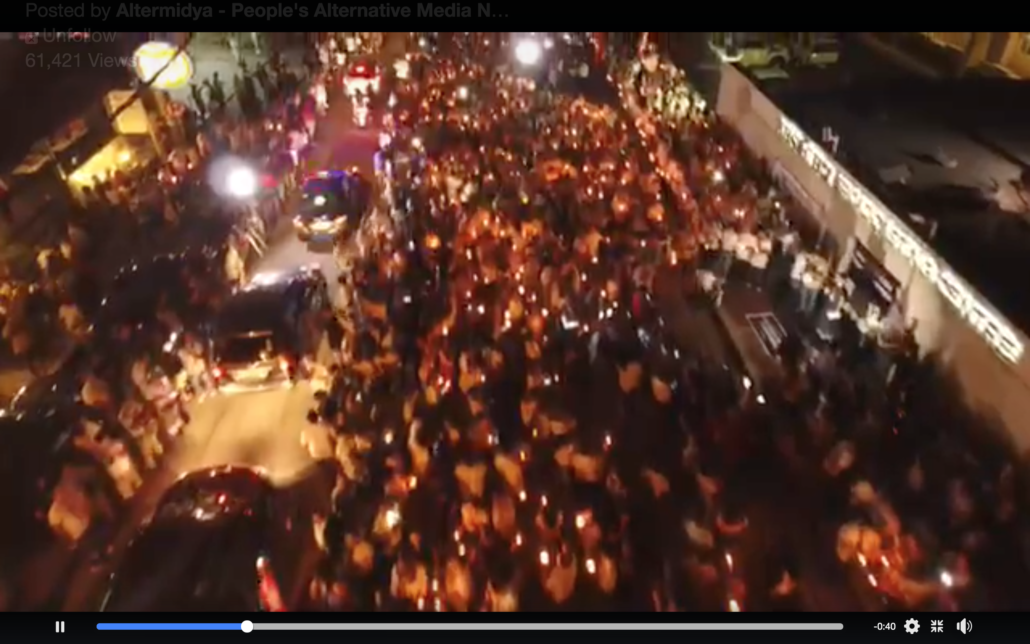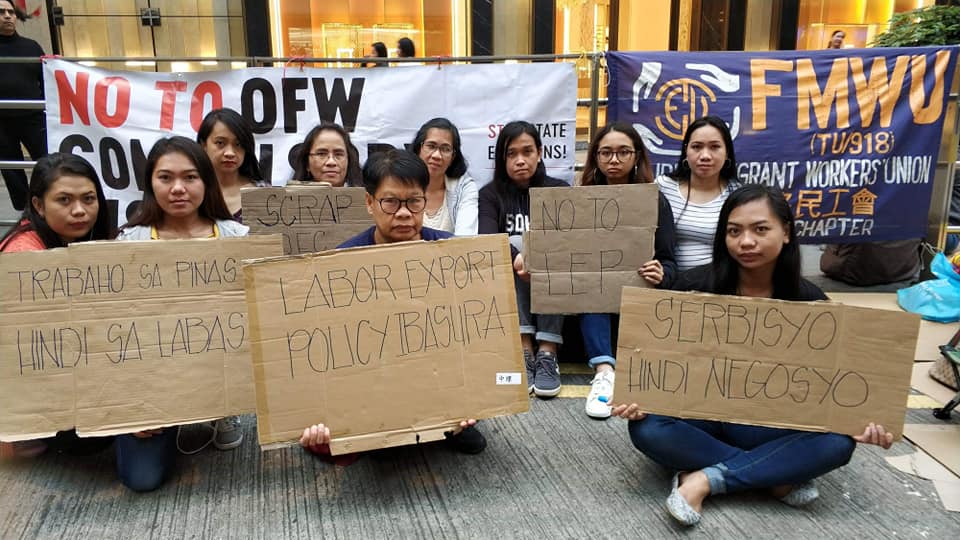The shady side of POGOs
Walking around the Taft area one night, I thought I was in an extension of Chinatown. A drove of Chinese nationals exited a condominium, heading towards some big white vans. They didn’t look like part of a tour group since they were millennials with only their phones attached to them. On the sides of the vans were the logos of a company, “GenX Sports”.
When I got home, I searched the net about “GenX Sports” and found that it was a Philippine Offshore Gaming Operators (POGO) licensed by the Philippine Amusement and Gaming Corporation (PAGCOR) to operate in the country. These Chinese nationals were POGO workers. But isn’t gambling illegal in China? Not necessarily.
The real deal
When the communist party of China took charge in 1949, they made gambling illegal. Fast forward to today though, the Chinese participate in the state-run welfare lottery set up in 1987 and the sport lottery established in 1994. Tickets can be bought at outlets starting at two yuan with a jackpot capped at 10 million yuan.
If Chinese mainlanders want to participate in other forms of gambling, they have the choice to either fly to Macao or Hong Kong or just set up a virtual private network (VPN) to participate in online gambling sites which are run in the Philippines.
In 2019, however, China imposed stricter policies on online gambling in Macao where most offshore gambling by mainlanders is done. Hence, operators sought to set up online gambling elsewhere, like in Cambodia and the Philippines, which both have lax online gambling policies. In a hearing of the House Committee on Games and Amusements last December 2019, PAGCOR reported licensing 62 POGO operators, up from the 57 reported in September 2019. Of the 62 licensed POGO operators, 49 are operating, 13 are non-operating, and 10 are said to be paying taxes to the Bureau of Internal Revenue (BIR).
With the increase of operators setting up shop in the Philippines, you would think the government is milking the POGO phenomenon by generating lots of revenue through taxes. But it turns out that this isn’t the case. Out of the Php50 billion in revenues expected from POGOs, only Php5 billion or just 10% of these revenues have been remitted to the government.
Aside from the non-remittance of taxes, there has been alleged proliferation of prostitution and sex trafficking in connection with the POGO industry. Sex dens were recently raided by the National Bureau of Investigation (NBI) with POGO workers reportedly serving as the clientele. Sex workers have been rescued from these dens with some said to have been located in luxury hotels and condos in Pasay City.
New level of shady
Another aspect of POGOs is abuse and forced labor of workers. In a Senate hearing to investigate illegal activities in the POGO industry, a Taiwanese national said that she was abused and held against her will by her employers. Her employer would occasionally namedrop a “powerful” man in the government – Michael Yang – who is said to be supporting POGOs.
The most prominent Michael Yang in the Philippine government is the Chinese national who served as Duterte’s former economic adviser. Objectively speaking, Philippine presidents hiring foreign economic advisers has been done before. Former president Gloria Arroyo once hired an American consultancy firm for US$75,000 a month. Moreover, the advisers encourage investments from the country they come from. The American consultancy firm Arroyo hired targeted American investors. As Duterte’s economic adviser, Michael Yang may have benefited by targeting Chinese investors for his business.
But who is Michael Yang? Yang is a businessman in Davao who set up shop in the bustling city through DCLA. DCLA is a mall with various discounted items similar to 168 mall in Divisoria. This is how Duterte got to know Yang. Yang was put into the spotlight after Eduardo Acierto, a former member of the Anti-Illegal Drugs Group (AIDG), accused him of having links to the Johnson Chua drug syndicate. As a friend of Yang’s, this also linked President Duterte to the drug trade. Acierto said that Yang, known for his alias “Dragon” owing to the supposed tattoo on his shoulder and arm (see photo), was allegedly involved in “facilitating drug shipments”. Duterte, in one of his speeches, even said that Michael Yang is close to former Chinese ambassador Zhao Jian Hua, whom Yang often accommodated at his residence in Davao.

Yang has other businesses such as Fu De Sheng in China that has a Philippine counterpart called Philippines Full Win Group of Companies Incorporated. It offers services such as property leasing, processing of work and tourist visas, logistics, and international trading. Is it merely coincidental then that Full Win’s services seem beneficial to POGOs? Or does he himself own a POGO?
Michael Yang together with Duterte is a whole new level of shady. Not only does Yang have alleged links to the drug trade, he has also been accused of abusing POGO workers.
Isn’t it weird that we absorbed offshore gambling operations here in the Philippines but in return we only got reports of criminality and non-remittance of taxes? Do the benefits of POGOs outweigh its costs? Probably not. #
(JOSE LORENZO LIM is a researcher at IBON Foundation. His research topics include Build, Build, Build, the oil industry, and social services. Prior to IBON, he served as Editor-in-Chief of the UPLB Perspective for the academic year 2016-2017. When not in the office, Jose Lorenzo enjoys writing with his fountain pens and trying out new ink.)
(Kodao publishes IBON articles as part of a content-sharing agreement.)




